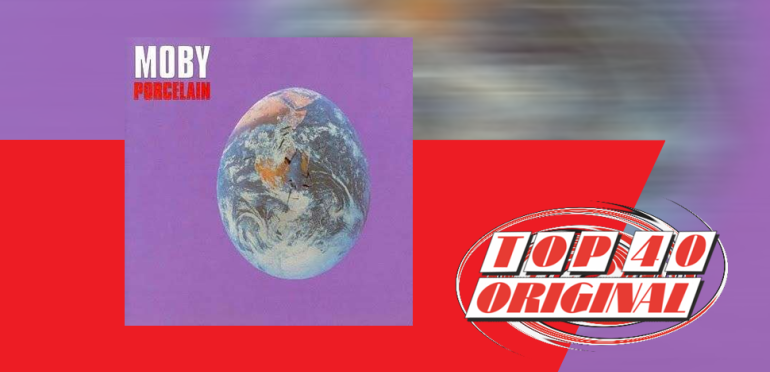Moby debuted in the Top 40 in 1991 with the exciting Go. After that he only made it into the top 10 with Feeling So Real. Porcelain was America’s seventh Top 40 hit in 2000.
The melancholic song with Moby’s voice tells of a relationship that has no chance of succeeding. He himself was unenthusiastic, but the record company managed to persuade him to give the song a spot on the Play album.
The basis of the song can be found on the Exodus soundtrack where Ernest Gold put the song Fight For Survival in 1960. Filmmaker Stanley Kramer had heard Gold’s music before and decided to give him a shot at a real blockbuster. With On the Beach he had his breakthrough in 1959 and then Exodus followed. “A strong plus factor through the tastefully combined use of minor chords with ancient Hebrew species in the modern wave of the up-and-coming,” is how Variety describes the film’s score.
While making the album Play It Up, Moby was looking for quieter tracks after the boom in house, techno, and punk songs. He was looking for downtempo songs with a blues influence. The album was also meant to be his big breakup. The album was recorded at Moby’s home studio in Manhattan, New York. The game turned out to be a huge success and was awarded platinum in several countries.
Porcelain was a top 5 hit in the UK, where Moby had less success with it in the Netherlands: number 30. The song can be heard in commercials from Volkswagen and Bosch among others.
You can read more about the origin of the Top 40 hits here originalhits.nl
(30/06/2023)

“Falls down a lot. General tv buff. Incurable zombie fan. Subtly charming problem solver. Amateur explorer.”







